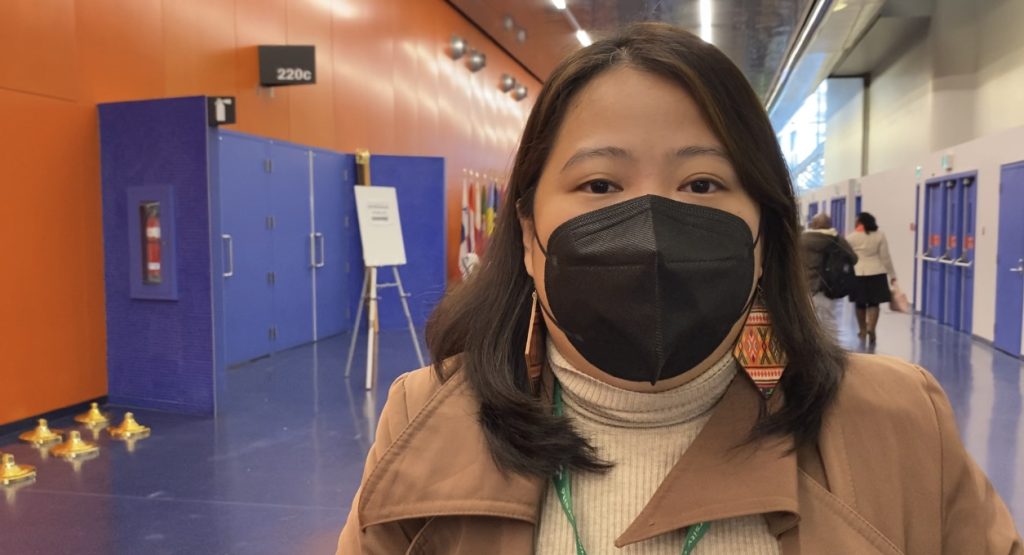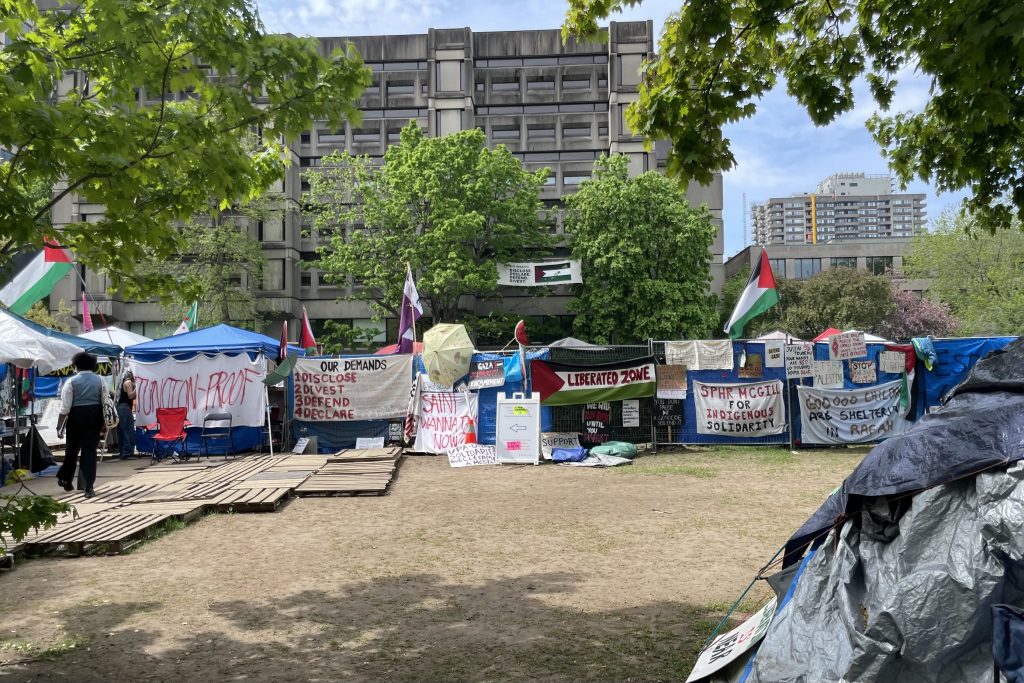What is COP15? UN’s global biodiversity conference to kick off in Montreal
Posted December 5, 2022 4:52 pm.
Last Updated December 5, 2022 6:20 pm.
COP15, the United Nations’ conference on biodiversity starts this week Montreal’s Palais des congrès, with around 15,000 delegates participating.
“COP15 is an international meeting that’s going to deal with the way that we protect nature and our relationship with the biodiversity of the planet,” said David Ainsworth, head of communications for the United Nations Secretary to the Convention on Biological Diversity.

(Credit: CityNews / Alyssia Rubertucci)
“Governments from around the world, 196 parties, are going to come and discuss a plan for the next ten years of how we can serve nature, how we use it sustainably, and how we make sure we share all these benefits from using biodiversity with equity.”
READ MORE: COP15 conference in Montreal seeks hard targets on biodiversity
“We know that one million species worldwide are at risk of extinction,” said Reykia Fick, Nature and Food Campaigner with Greenpeace Canada. “The same thing is playing out here in Canada with over 2,000 species that are at risk of disappearing forever.”
“So what we need is for this moment, COP15 in Montreal to be a turning point that the world comes together and has a strong global deal for nature,” she added.
There are 22 themes for discussions, including reducing invasive species and pesticide use and cutting food waste.

(Credit: CityNews / Alyssia Rubertucci)
“The ASEAN region, despite occupying only 3 per cent of the world’s total land area, it is home to almost 18 to 19 per cent of all the known plants and animal species in the world,” said Pamela Reblora of the ASEAN Center for Biodiversity in the Philippines. “So we are a treasure trove of biodiversity and we are trying our best to safeguard this biological resources for future generations.”
Delegates will be working on a new treaty, expected to be signed on December 19.

(Credit: CityNews / Alyssia Rubertucci)
Emmanuel Kamanzi from the Global Youth Biodiversity Network travelled to Montreal from Rwanda.
“We have the demands of different institutions of youth, non-governmental organizations,” he said. “I carry a lot of wishes from them, we’ve been negotiating with the other youth so that it may be implemented in the convention that we shall do.”
Some are calling for a strong deal.
“We need to see some countries committing to ambitious targets like 30 per cent protection of land and waters by 2030,” said Fick. “But just the targets aren’t enough, we need to see very strong role of Indigenous rights and rights of local peoples as well.”
COP15 requires a massive security operation, with a metal barricade lining the perimeter of the conference area.
All levels of security officials are on-site: from the UN, RCMP, Sûreté du Québec, Montreal police and more. Even the nearby bustling subway station, metro stop Place d’Armes, has been closed down for the entirety of the event.
“It’s a standard procedure to make sure that there’s no real disruption or that someone doesn’t accidentally wander on the site,” said Ainsworth.
Protests are planned by anti-capitalist groups for the start of the conference.
“We’re not affiliated with any of the movements or protests that are against the COP,” said Fick. “We are very concerned about seeing systemic change, we need to have systemic change as a society because business as usual is what got us to this point.”



